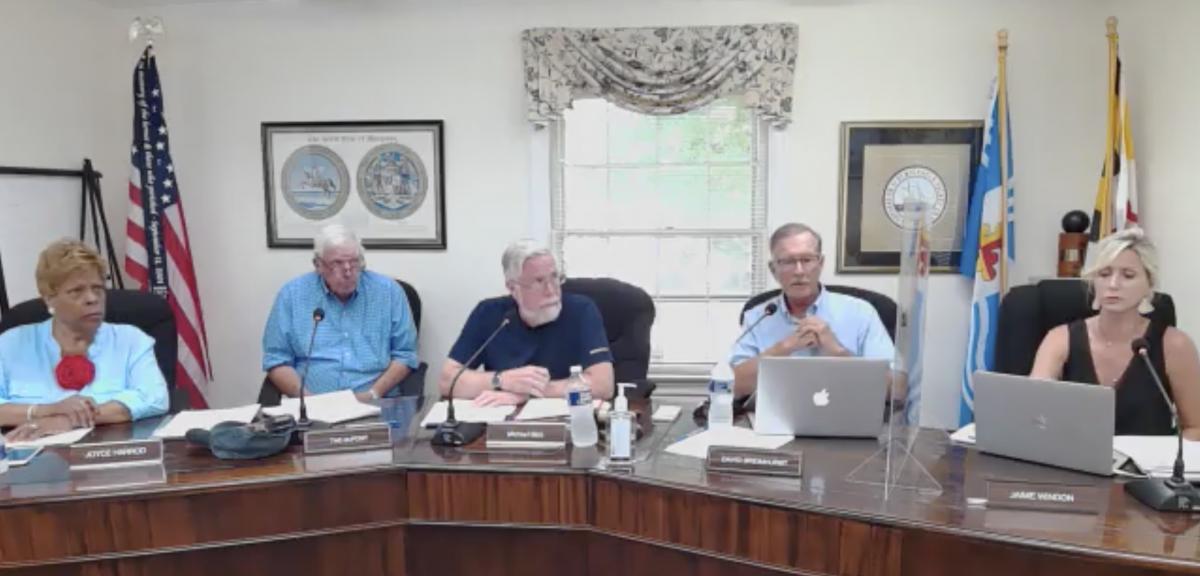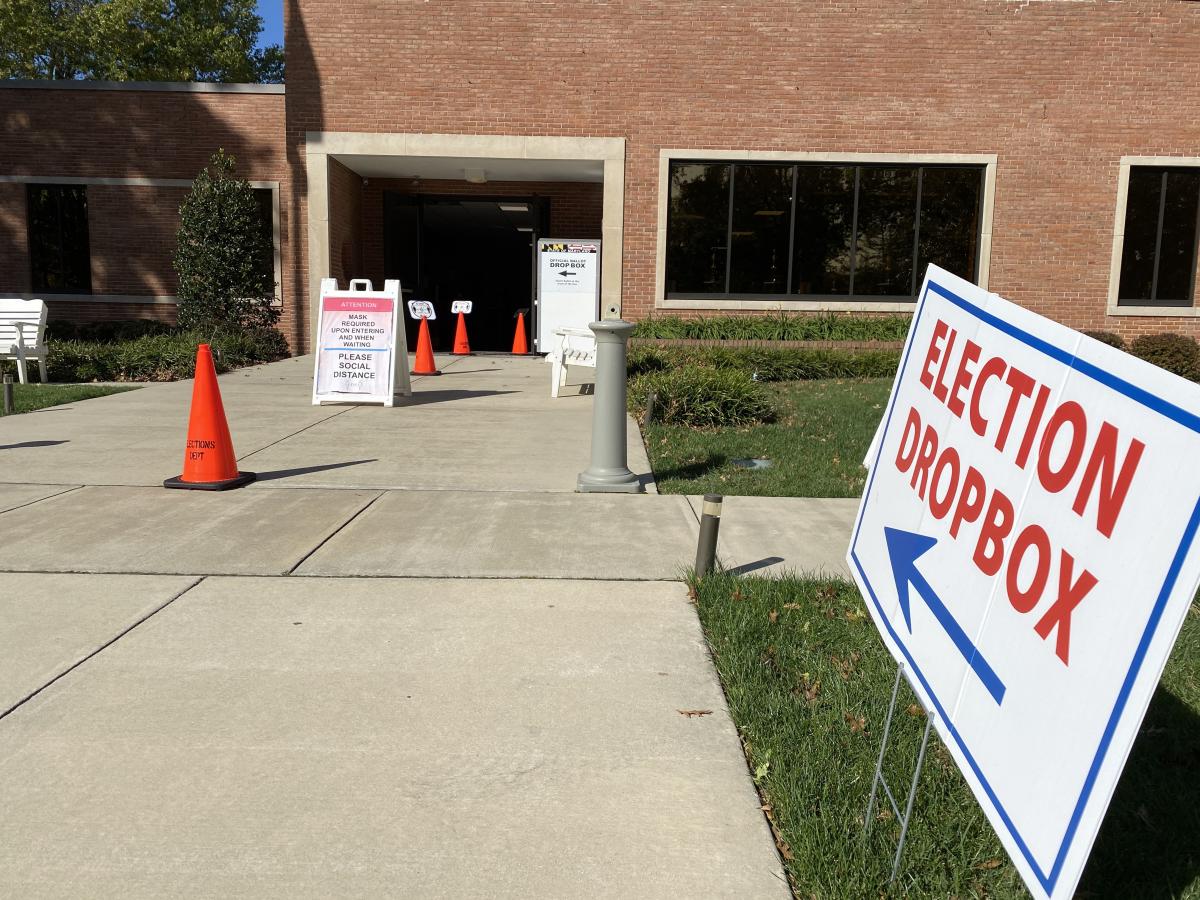Cambridge Mayor Andrew Bradshaw has taken a leave of absence from his post, according to the city’s website.
According to the post:
“… Mayor Bradshaw is currently on an indefinite, voluntary, and unpaid leave of absence. During this temporary vacancy, all rights, powers, and duties of the mayor shall be assumed by Commission President Lajan Cephas in accordance with Sec. 3-21A of the City Charter.
“As previously stated, the City’s council-manager form of municipal government ensures that the business of the City will remain unaffected during the mayor’s unpaid leave of absence.
“It remains the sincerest hope of all of the commissioners that the mayor will do what is best for the City of Cambridge and its citizens and tender his resignation. Should he fail to do so, then the commissioners are prepared to pursue all available options under Maryland Law and the City Charter.”
Bradshaw was charged in mid-November with 50 counts of distributing revenge porn, the state prosecutor’s office said in a news release.
Bradshaw is charged with posting nude photographs of a former romantic partner to various forums on Reddit without her knowledge or consent and with the intent to harm her, according to the release.
A day after Bradshaw was charged, the Cambridge commissioners voted unanimously to have the city attorney draft a letter asking him for his resignation.
The vote came following an emergency meeting that went into closed session for consultations with the city attorney and city manager.
Section 3-35 of the city’s charter sets forth the procedure for removals from office:
“The commissioners may remove from office, or discharge from employment, the city manager, the chief bailiff and any other officer or employee that may be elected or appointed under the authority of the charter, or any ordinance or order of the commissioner (whether be the term of service under which he holds his office or employment), for neglect of duty, for incompetence, or for any other misconduct, which, in the judgment of the commissioners, constitute reasonable and sufficient ground for removing him from office, or depriving him of employment.
“In all cases, where the official or employee has any fixed or definite term of service, a charge or complaint, in writing, shall be presented to him, and evidence as to the facts alleged in such charge or complaint, shall be taken before the commissioners if he denies the correctness or truth of same.”
If Bradshaw were to resign or be removed, the commission president would assume “all rights, powers and duties of the mayor,” according to the charter, and the commissioners would need to schedule a special election to fill the mayoral vacancy.
Bradshaw was charged about three months after an Aug. 4 police search of his home and the mayor’s office at city hall.




